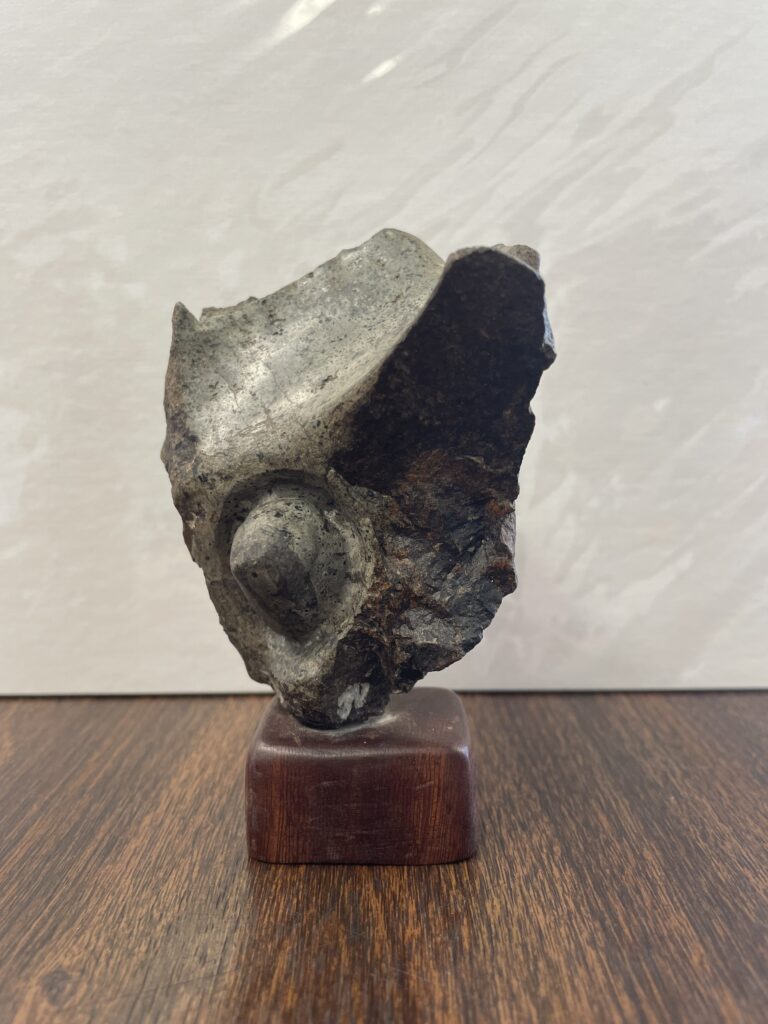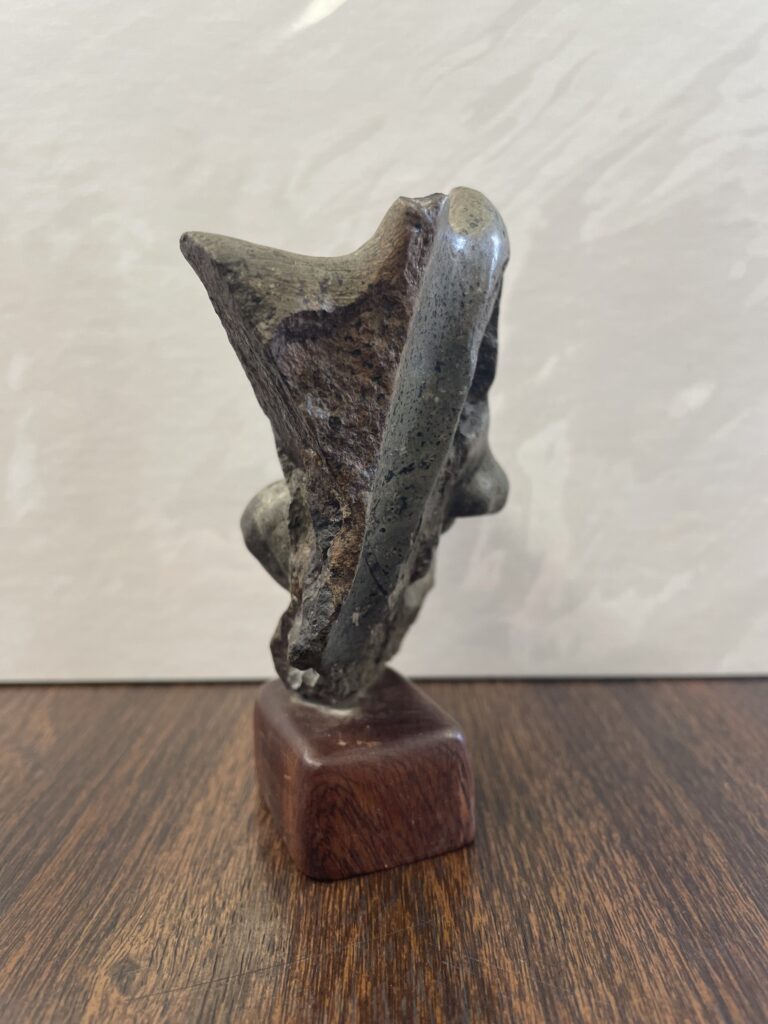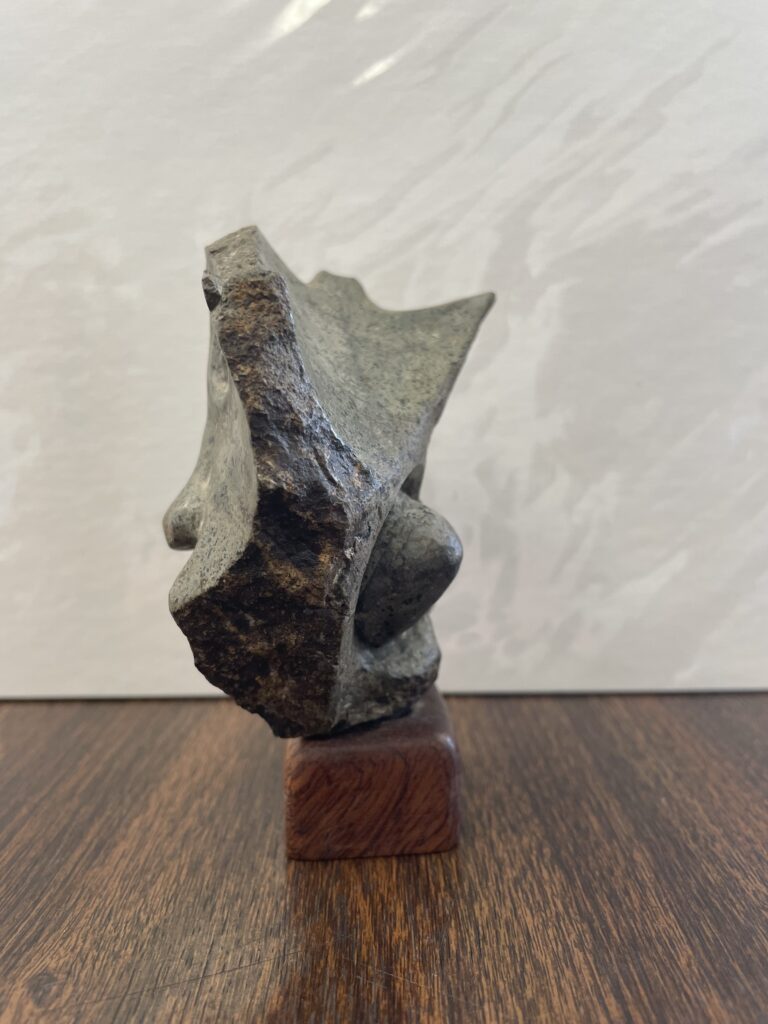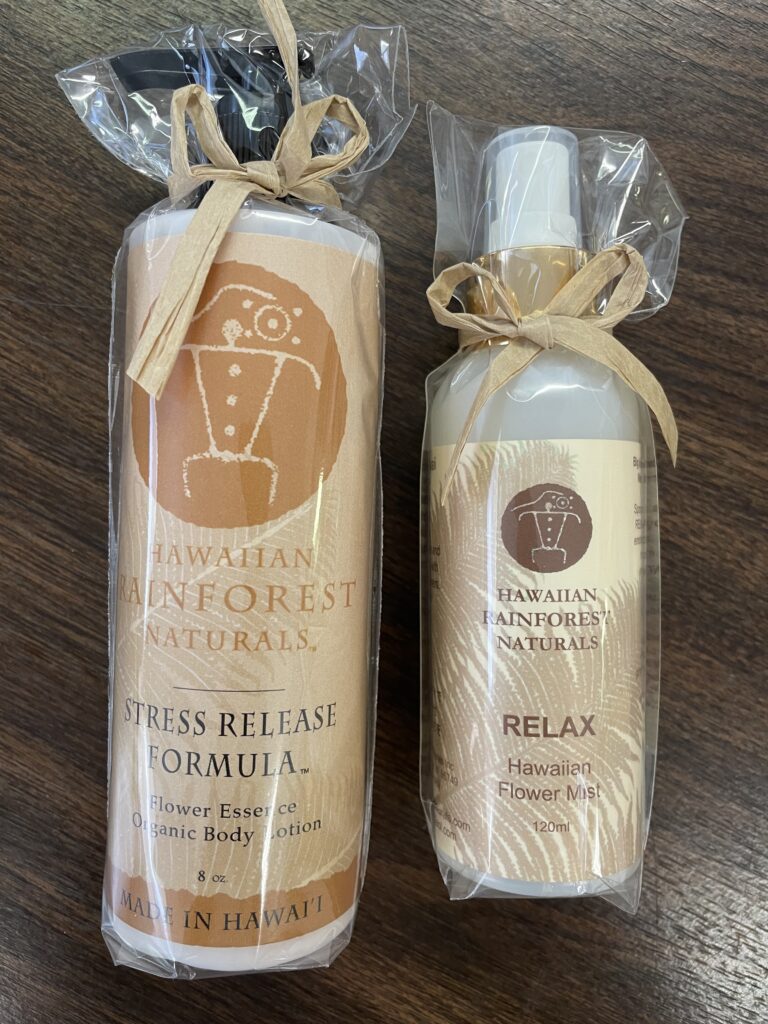For 70 years, Conservation Council for Hawaiʻi has been foundational to Hawaiʻi’s modern conservation movement. From our beginnings as a small collection of scientists, planners, and landowners, to our current organization with 5500+ members from all walks of life, we have always strived to protect Hawaiʻi’s native species, advance biosecurity, and preserve the ecosystems that are foundational to our Lahui.

We have been protecting native species big and small since the beginning, forming
commissions, studies, investigations, lobbying efforts, and legal actions in the process. During our first decade of operation alone, we moved to defend Hawaiian monk seals, sea turtles, various freshwater fish species, Sandalwood trees, and more. Over the years, we have also worked to protect the palila bird, oppose whaling in the pacific, and push for legislation to control the introduction of non-native or invasive species. At times, this has pitted us against commercial interests and political organizations. These fights take time; we continue to defend many of the same species we first defended six decades ago.

Over the years, CCH has been on the frontlines of fighting irresponsible Land Use,
opposing the development of buildings and golf courses on top of important or endangered habitats. We have opposed dewatering practices by the sugar industry, filed lawsuits to prevent the Aquarium industry from depopulating our reefs, and sued the U.S. Navy over a sonar testing project that could have harmed millions of marine mammals in the Pacific.

Moreover, our membership and partners are on the ground doing environmental cleanups, setting traps to curb the impact of native species, and pressuring legislators.
We also look to the future, seeking to promote conservation education for young people. We are proud to create and distribute educational materials for people
of all ages with the support of corporate partners such as Patagonia, local artists, authors, scientists, and educators, and as an affiliate of the National Wildlife Federation. This includes developing brochures and classroom resources, securing funding for public awareness efforts, offering field trips and hands-on experiences
for young people, and even supporting the production of a children’s book on conservation.

We believe that Hawaiʻi’s people, economy, and culture are better off when our actions are guided by stewardship for all native life. With your Kokua, we can continue this struggle for a better future for Hawaiʻi and a better world for Hawaiians.




